
Published:
Readtime: 3 min
Every product is carefully selected by our editors and experts. If you buy from a link, we may earn a commission. Learn more. For more information on how we test products, click here.
The quad tail-lights, menacing stance and hypercar-rivalling power all point towards the new generation of the fabled GT-R but Nissan isn’t confirming yet. Dubbed the ‘Hyper Force’ concept, it’s the finale of the bevy of concepts that the Japanese carmaker has been showing off lately.
Designed from the ground up to deliver an electric high-performance supercar experience, the powertrain hogs the limelight here with a solid-state battery that develops 1,000 kW (1,341HP). Just like the GT-R, an all-wheel drive system is at the core of the driving experience with the latest electric ‘e-4ORCE’ iteration. Lightness is also crucial to any supercar and the Hyper Force concept packs in stacks of carbon fibre which fill its lightweight body.
RELATED: Nissan Hyper Adventure Concept Hints at the Next-Gen Patrol.
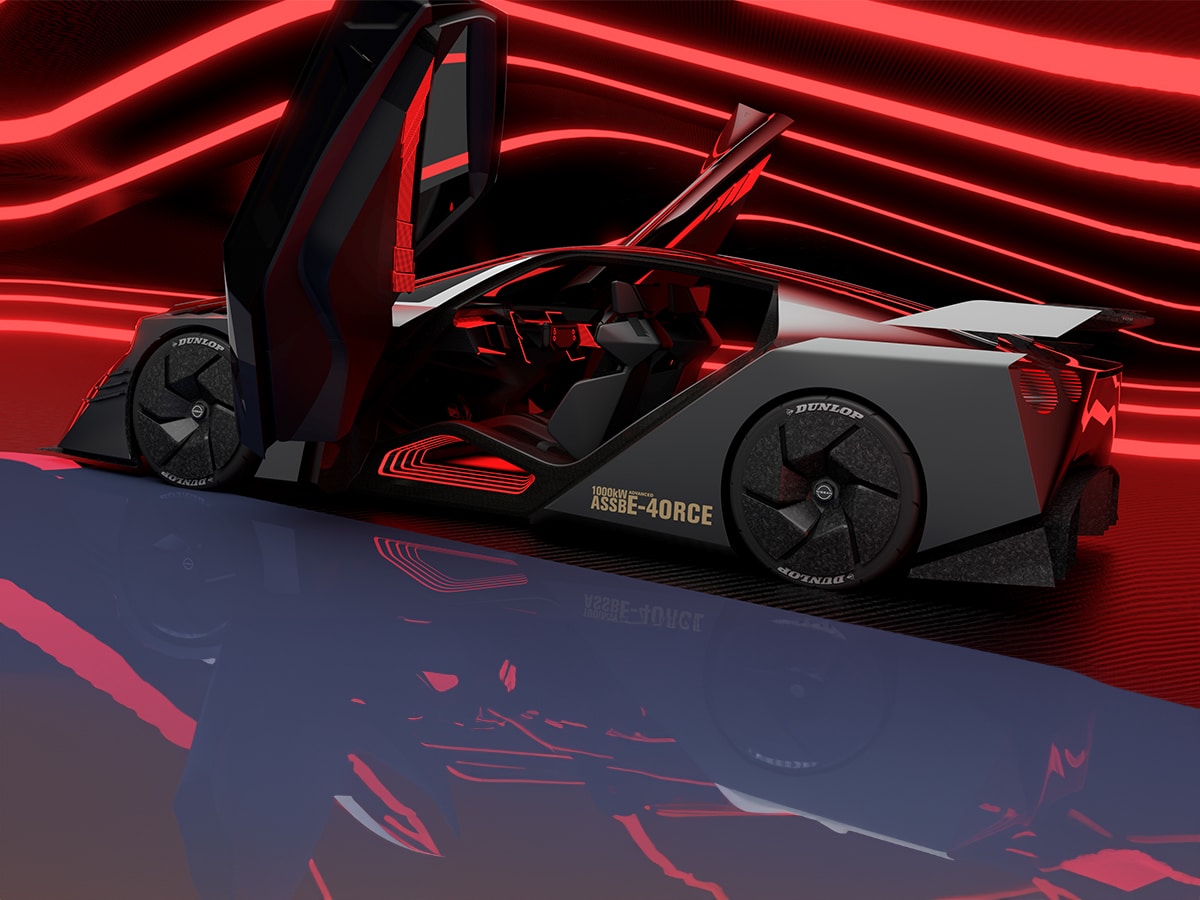
The bold and edgy exterior has been designed with the Nismo team and looks exactly like a GT-R reimagined for the Mad Max era. It’s raw, angular, and very angry while some subtle details from its bloodline have been added to satiate the GT-R fans further.
This shape also lends itself to strong downforce and cooling while the ‘dual-level’ diffuser controls airflow. Out back there’s a massive rear wing which now features active aero. There are even lightweight forged carbon wheels with brake cooling and increasing aero efficiency.
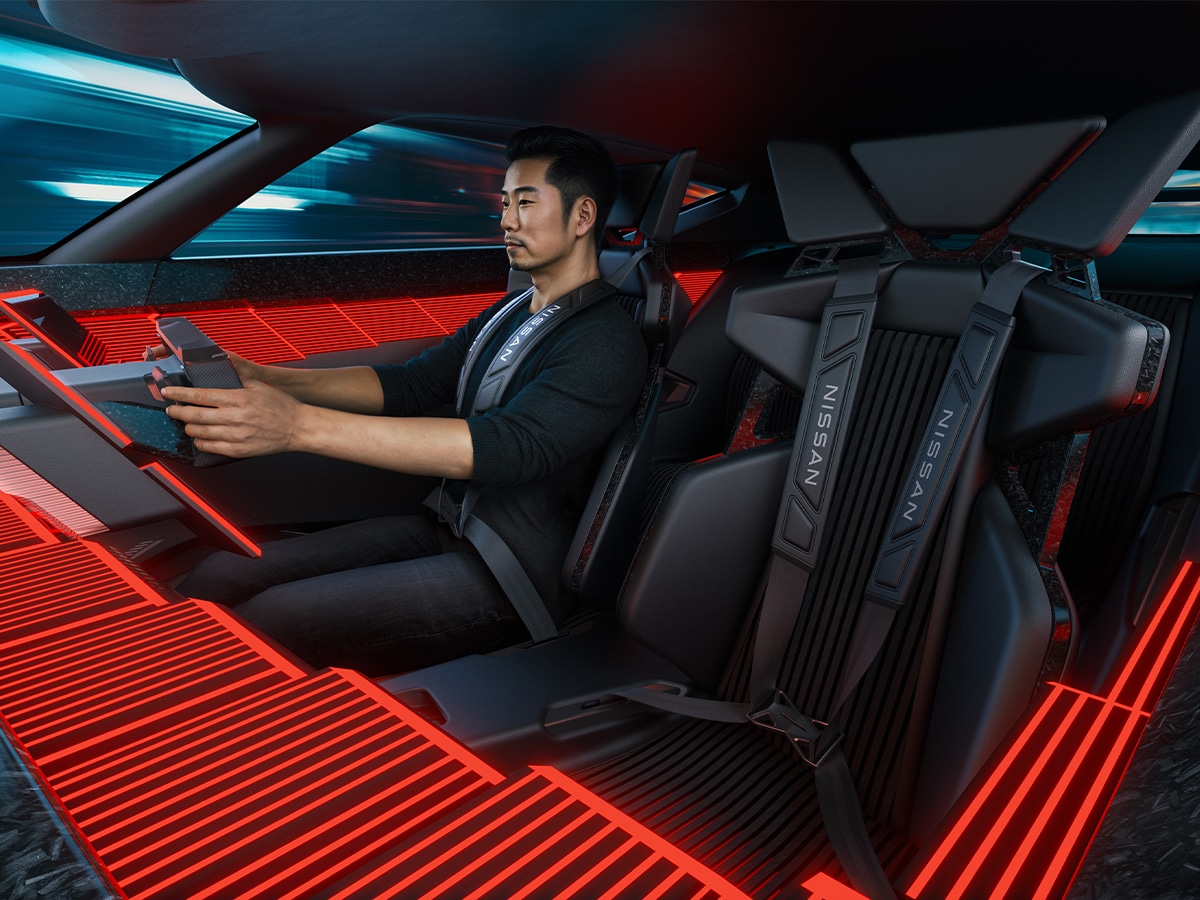
Inside, you get four satellite screens around the steering wheel which display the tyre grip and temperature, air pressure, brake rotor temperature, power distribution and more. Rather cheekily, even the drive modes are called R (racing) and GT (Grand Touring).
The user interface changes colour and display according to the mode and is designed to instantly display the most needed information for the driver in line with the driving circumstances.
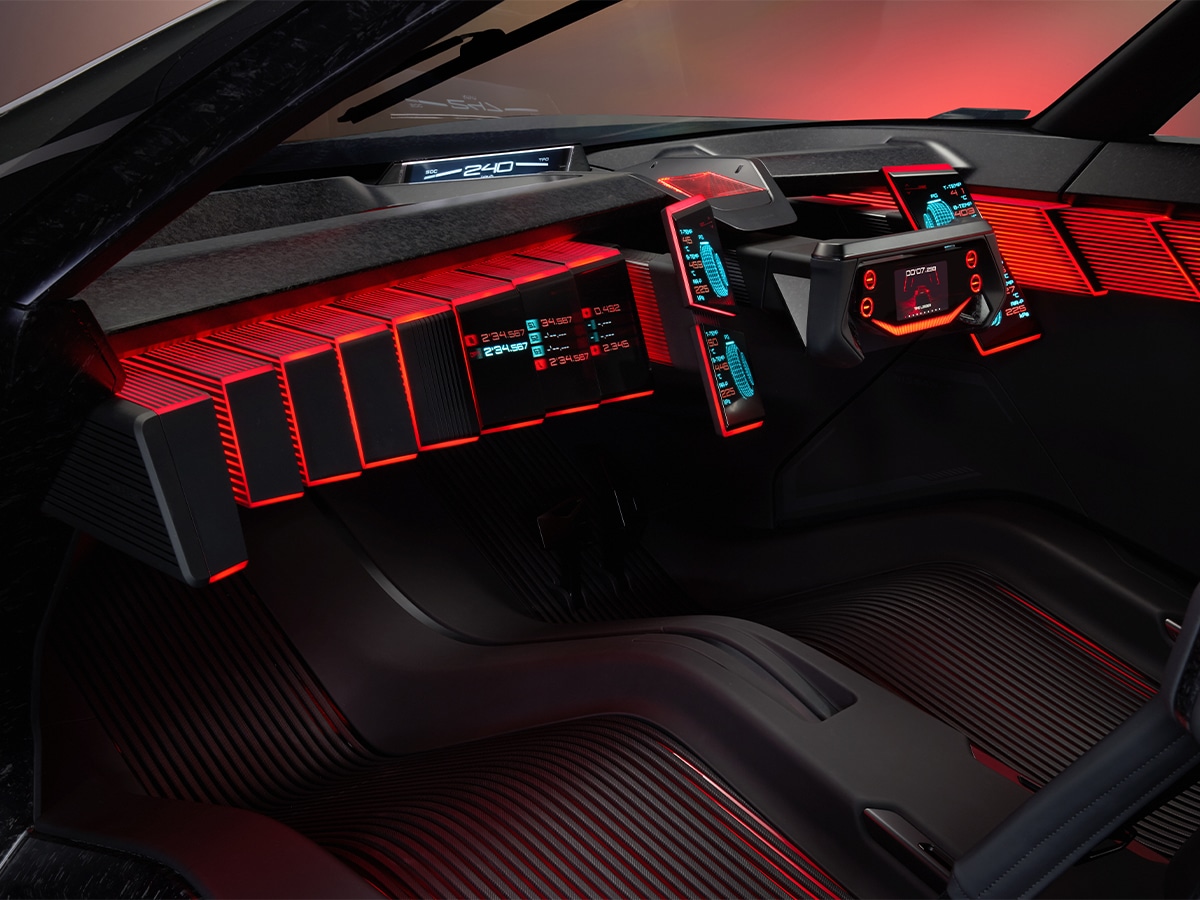
In R mode the cabin is doused in red and the panels on the dashboard extend toward the seating space to create a cockpit feel around the driver. In GT mode, the cabin lighting turns blue and the screens surrounding the steering wheel move away and combine.
There’s a simpler interface too with air conditioning, audio, suspension, and stabiliser settings, for a more comfort-oriented drive. These graphics are designed with Polyphony and when not driving, you can even turn the cabin into a VR gaming room!
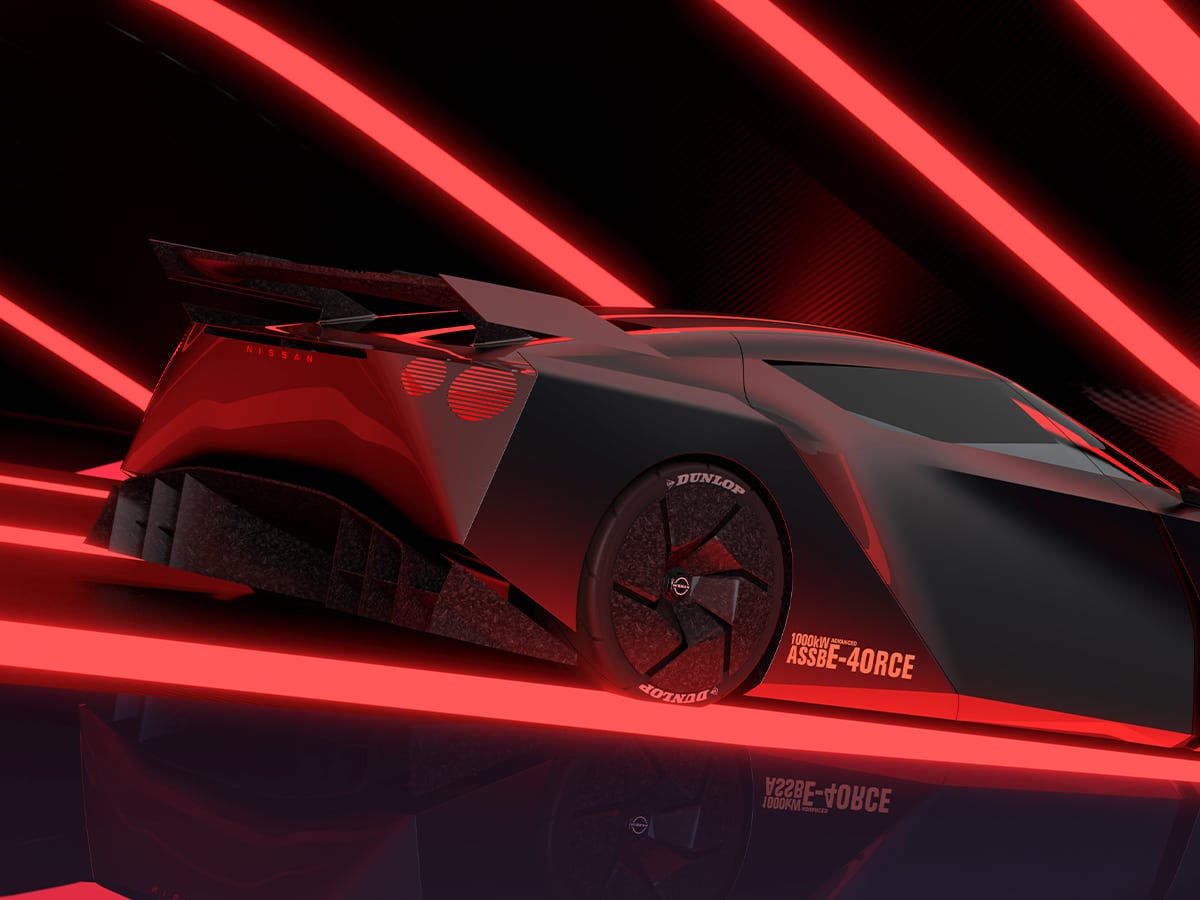
Finally, you get carbon-fibre seats with four-point seat belts as well and there is a modicum of practicality being sprinkled here with room at the back. Overall, it looks like the future of the GT-R brand remains within the core principles on which it has always been based and Nissan should ideally get to work right away in bringing this to the showroom floor.
You’ll also like:


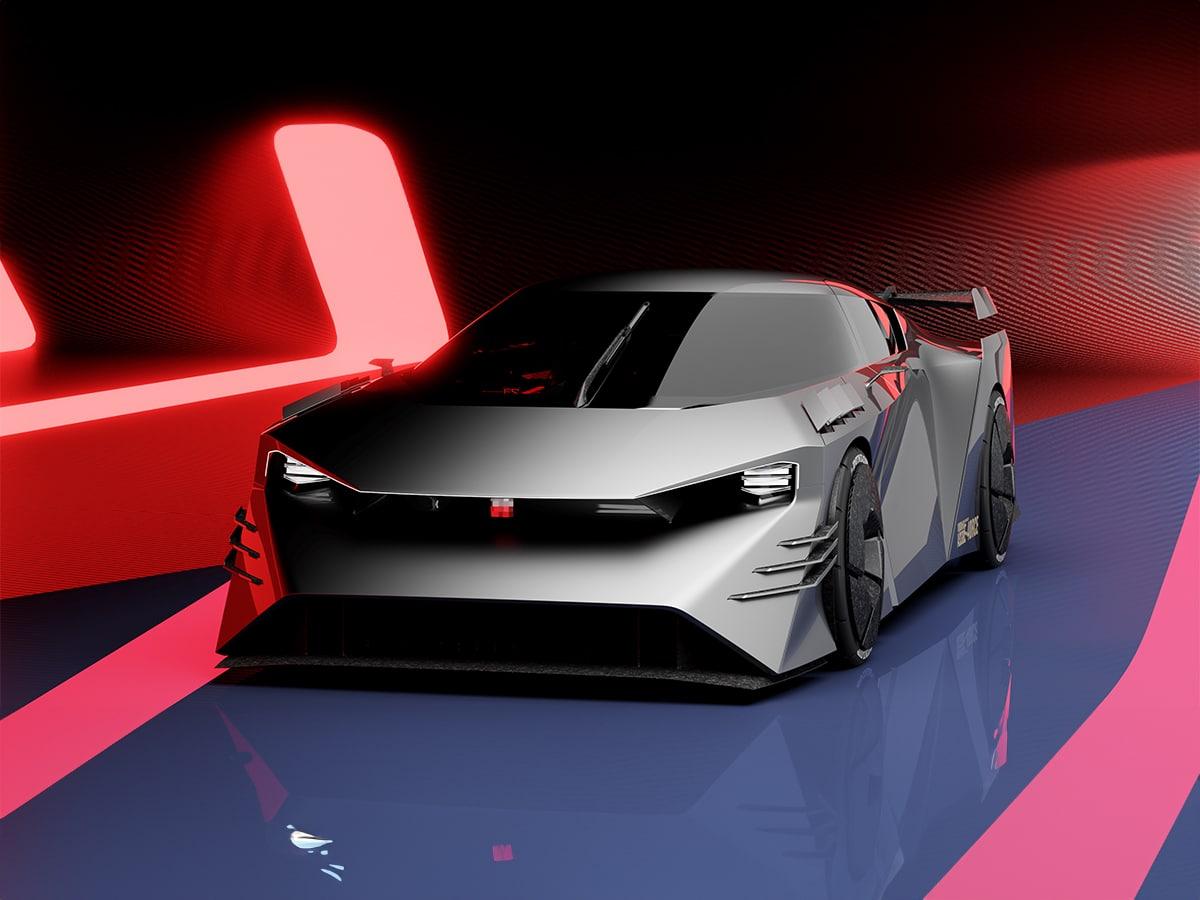

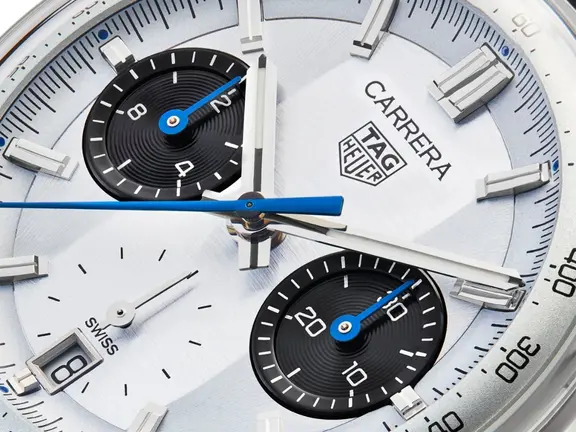



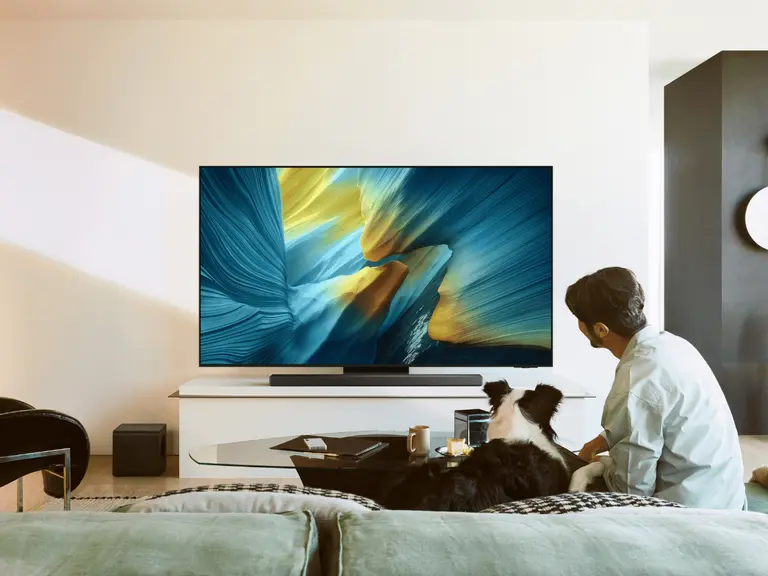






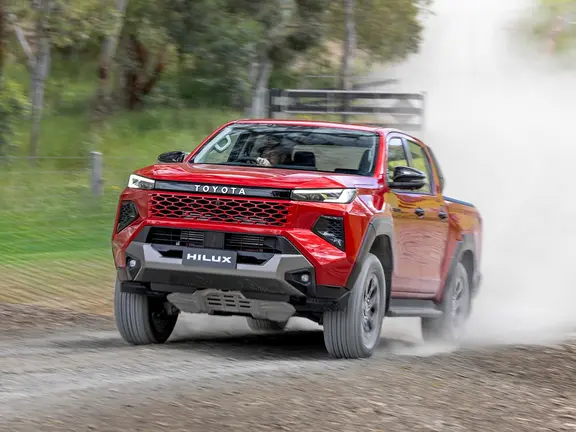
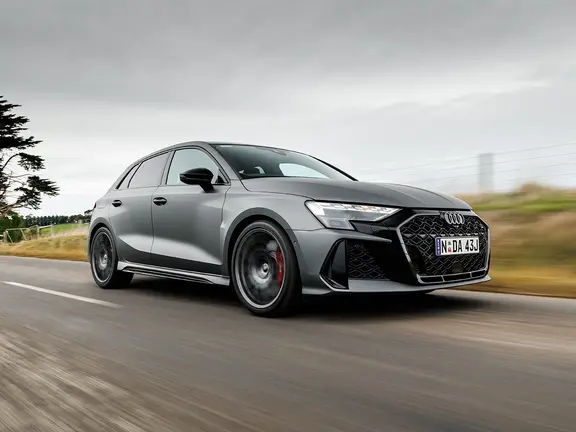



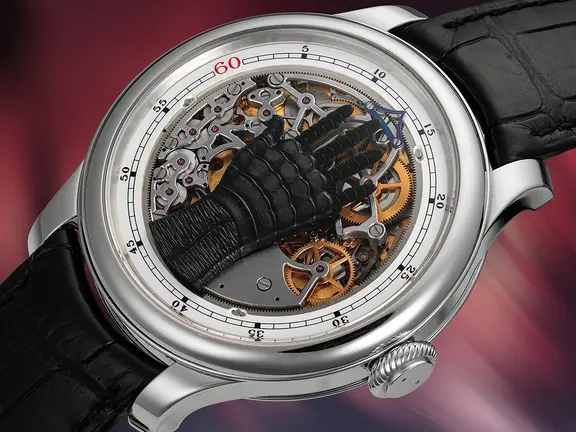











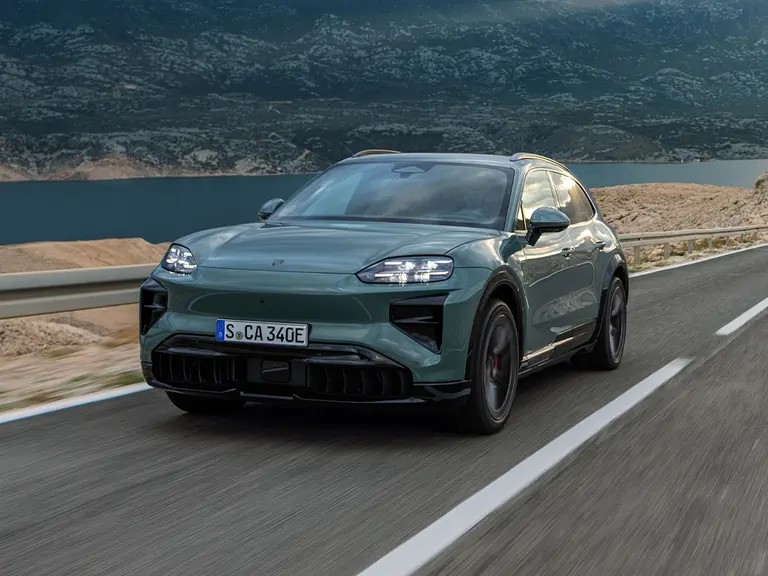
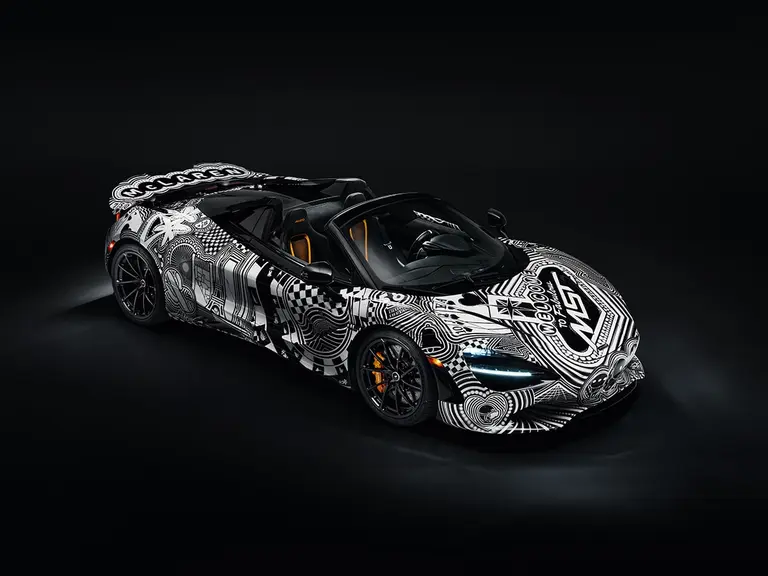
Comments
We love hearing from you. or to leave a comment.